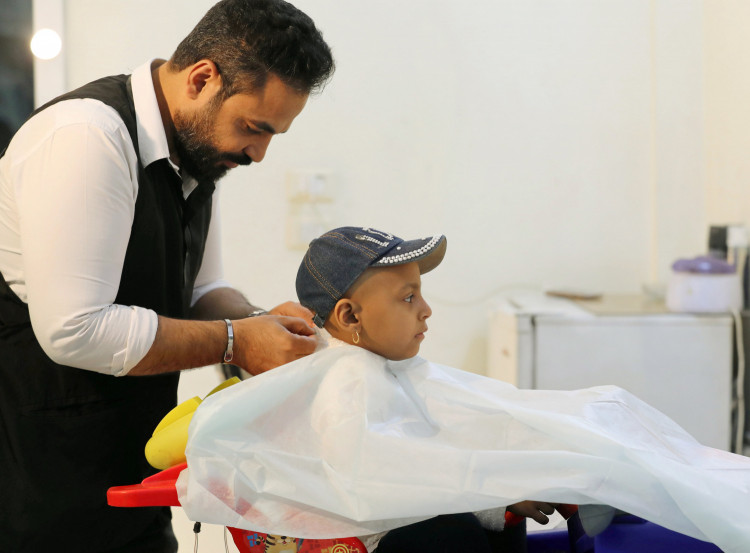Young cancer survivors, who are in complete remission, tend to suffer mental health issues as they deal with the aftermath of their disease. A new study by the University of New South Wales in Sydney revealed they are more likely to have psychological problems because of what they have been through.
The research published in "Psycho-Oncology" revealed that children who had cancer find it harder to envision their future lives compared to kids without the illness. It could then put them at risk to possibly have mental health disorder later in life.
According to the South China Morning Post, 77 young cancer survivors and 62 cancer-free young participants were examined about their autobiographical thinking. The research showed that young cancer survivors tend to remember their past negatively, focusing more on their illness compared to cancer-free kids. Their envision is also not as specific or detailed as children who never had cancer.
"It is possible that young cancer survivors who have recently experienced life-threatening illness may avoid thinking about their futures in great detail," the study's lead researcher Dr. Ursula Sansom-Daly said. She explained that imagining their futures in more specific ways make them worry, provoking anxiety.
NewPaper24 noted that to help young cancer survivors imagine their future lives in a more detailed manner could help them feel less distress in later life. But not every survivor feels the same.
In Hong Kong, medical professionals try to lessen the risk of depression among young cancer patients. The Children's Cancer Foundation in the country doesn't even have track records of their patients suffering from mental health issues when they age.
The organization's community service manager Chris Ng explained that although young cancer survivors are facing more challenges, they are not more at risk of having mental health problems. He was even proud to say that he saw more survivors that do very well in life after their remission. They even managed to achieve their academic goals, graduated from a university, and got a decent job.
However, Ng admitted that there are young cancer survivors who experience "physical and psychosocial limitations" because of their disease that controls their development. But, they still find their way to live an active life by sharing the struggles and challenges they have been though to help others.
Some young cancer survivors also volunteer to encourage other kids with cancer to defeat their illness and take it as a challenge. Although they still have physical limitations because of the disease, they remain to be resilient and choose to continue living their lives and help others.






